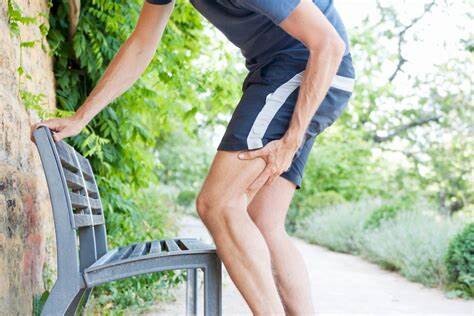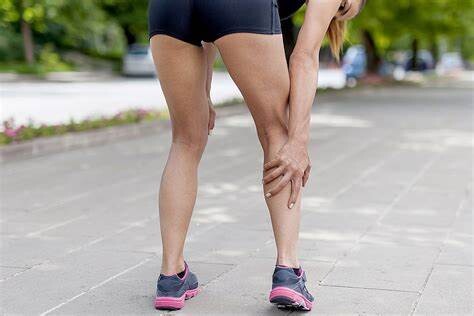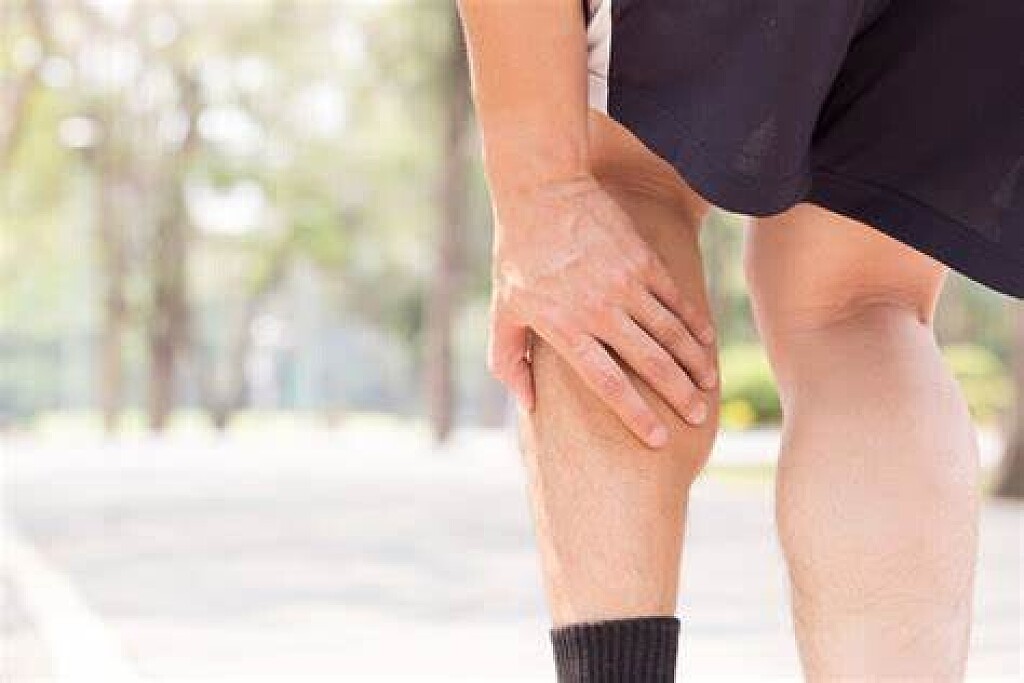Running News Daily
Running News Daily is edited by Bob Anderson. Send your news items to bob@mybestruns.com Advertising opportunities available. Train the Kenyan Way at KATA Kenya and Portugal owned and operated by Bob Anderson. Be sure to catch our movie A Long Run the movie KATA Running Camps and KATA Potato Farms - 31 now open in Kenya! https://kata.ke/
Index to Daily Posts · Sign Up For Updates · Run The World Feed
How to Avoid Leg Cramps while Running that Slow You Down
Leg Cramps while Running
Runners can avoid the most common injury of muscle cramping if they tried. These cramps develop mostly in their lower legs and feet. The effects can be debilitating, especially when you are experiencing them for the first time. Learn more about this problem and a few tips to become a better runner while avoiding cramps.
Stretch Before You Go

Many sports require their participants to be lean and flexible, and running is no different. Stretching helps to loosen the muscles in your legs, arms and back. Even people who have naturally stiff, rigid legs can run farther after a few stretches. Muscles that are used more often are less likely to tear. So people who do not exercise regularly are more likely to get cramps.
To improve your running performance, turn stretching into a routine. Perform quick, five-minute stretching exercises that take no more than 10 minutes to complete. Perform these exercises right before you begin running. Once you’ve finished, it’s optional to stretch your muscles again.

Stay Hydrated
Staying hydrated is necessary to maintain a normal body temperature and remain cool while you’re running on hot days. Dehydration occurs when you run for long periods without drinking water. To remain hydrated, drink long sips of water before, during and after your running sessions.
Some people choose to drink an hour or two right before they start running. Some runners add salt to their water. Sodium from the body is lost through sweat as you run. These “salt shots” are supposed to make up for this loss and keep the body in proper balance.
Why are Electrolytes So Important?
For people who cannot carry around salt or ten bottles of water, consuming an SOS electrolyte drink is the easiest way to hydrate yourself. SOS Hydration contains the right mixture of healthy fluids and sodium that your body needs to stay in top performance. Regular water alone is not enough. Also read: What are Electrolytes.
The sodium that you lose in your sweat could lead to muscle cramps in the end. Losing too much sodium is dangerous for runners and athletes in particular. An electrolyte drink (SOS) contains 330mg of sodium, on average, for every eight ounces (236.59 mL) of water along with 195mg of potassium for good muscle contractions.
Avoid Certain Foods or Drinks
There are some habits to avoid before you run. Know that a caffeinated soft drink is the worst choice for runners as it contains high amounts of sugar. Consuming too much sugar at once has good and bad effects on the body. At first, you may feel a boost of energy, but sodas and juices increase your risks of tooth decay, diabetes or obesity.
Start Out Slowly
Another reason why cramps may occur is because the body is not prepared for intense workouts. This happens to people who have not exercised for long periods of time. They have the right attitude but assume that their bodies are naturally fit and healthy. As a new runner, you cannot perform an endless series of sprints when you haven’t gotten used to jogging yet. Build up your running slowly and take it one step at a time. Listening to your body while running is an incredibly important skill.
Have Rest Periods
Cramping occurs to runners who do not rest properly. Even experienced runners run into problems when they overuse their bodies. They begin to overstretch their muscles and risk injuries, even after years of experience. Allow your body enough time to rest in between sessions and rebuild its muscular strength. Most fitness experts suggest that runners have at least one day of rest every week to allow your body to recover for your next run.
From sports doctors, one of the most popular complaints involves muscle cramps, swelling and stiffness. Anyone who has fallen behind on exercise is likely to get cramps. However, some of the best runners have occasional cramps when they miss a few steps in their routines. Stretch, stay hydrated, consume electrolytes and get enough rest to get the best results from your running.
by Sos Hydratation
Login to leave a comment




